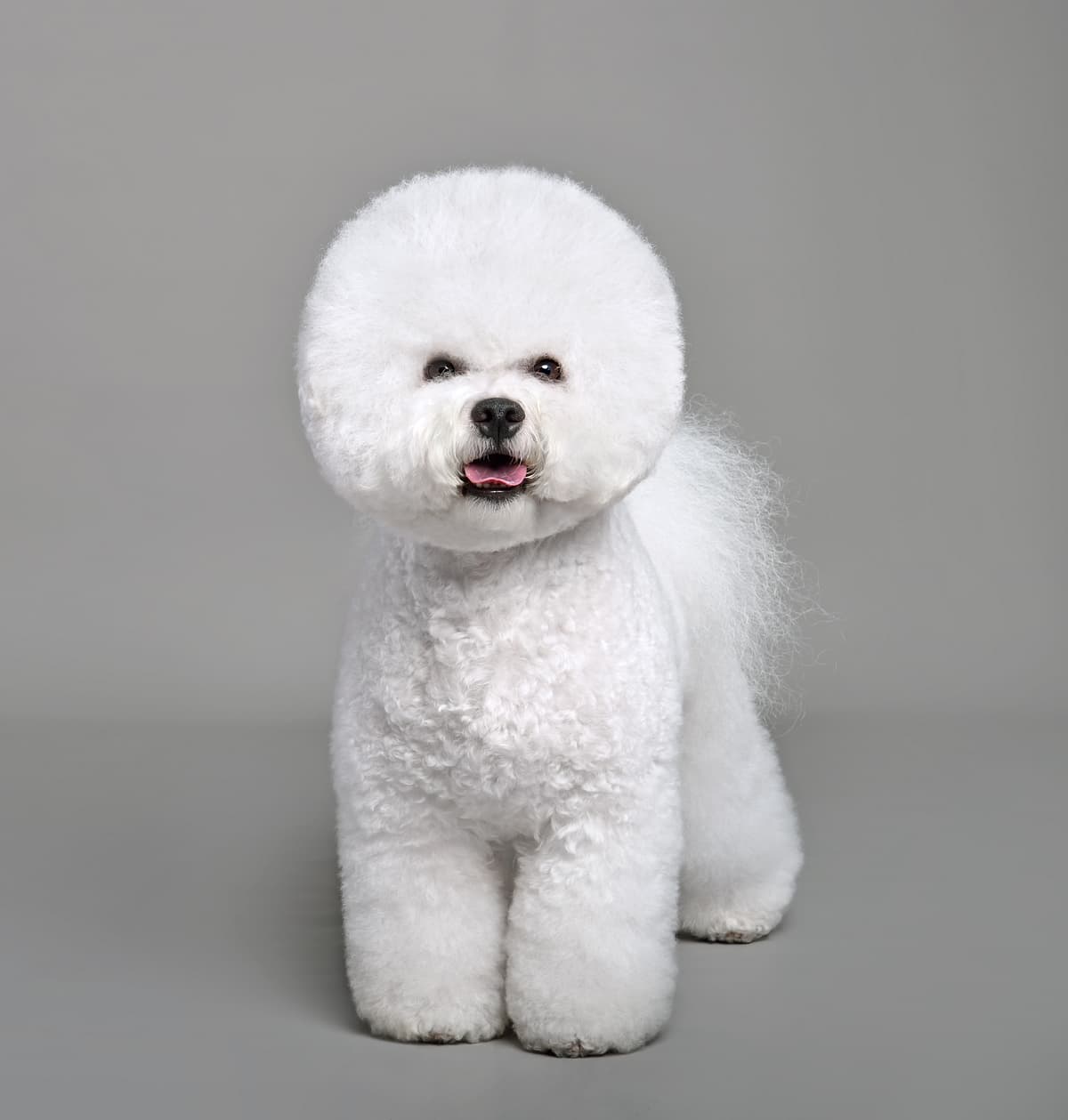Bichon Frise vs French Bulldog
Discover the differences between Bichon Frise and French Bulldog to make the best choice for your situation.
Try different breeds

Bichon Frise
Playful, affectionate, and always cheerful, this small breed thrives as a devoted companion. Famous for a soft, curly white coat and a loving nature.

French Bulldog
Compact, playful, and affectionate, this breed charms with its expressive face and easygoing personality. Ideal for city living, French Bulldogs make steadfast companions and loving family pets.
Quick comparison
Small
5–8 kg
Curly, dense
12–15 years
4–7 kg
Moderately active
Small
9–13 kg
Short, smooth
10–12 years
8–12 kg
Low activity needs
Personality & behavior
Compare the personality traits and behavioral characteristics of both breeds.
Bichon Frise
Very sociable with people and other pets
Learns commands and routines fairly quickly
Enjoys regular activity and brisk walks
Loves games, toys, and interactive play
Adjusts well to changes in environment
French Bulldog
Affectionate with people and enjoys companionship
Learns routines quickly but can be stubborn
Prefers short play sessions and moderate walks
Enjoys interactive games and gentle roughhousing
Comfortable in apartments and various environments
Care needs
Exercise, grooming, and daily care requirements
Bichon Frise
Allergies, patellar luxation
French Bulldog
Brachycephalic syndrome, skin allergies
Suitability
How well each breed fits different living situations and families
Bichon Frise
Great choice
Easygoing temperament and manageable size make them suitable for novice owners
Perfect fit
Small size and moderate exercise needs work well for apartment dwellers
Moderately suitable
Enjoy play but may tire quickly during highly active routines
Family friendly
Gentle and playful nature fits well with young children
Very friendly
Social and usually get along well with other pets
Prone to anxiety
Dislike being left alone for long periods and may develop separation issues
French Bulldog
Great choice
Easygoing temperament and manageable size suit first-time owners well
Perfect fit
Quiet and compact, they adapt well to small apartments
Not ideal
They tire quickly and don’t match very active lifestyles
Highly suitable
Gentle and playful, they are patient with young children
Very friendly
Generally sociable and get along with other pets if introduced properly
Prone to anxiety
They dislike being left alone for long periods and may develop separation issues
Breed strengths
What each breed excels at and their best qualities
Bichon Frise
- Affectionate with family members
- Adaptable to apartment living
- Low-shedding, hypoallergenic coat
- Generally friendly with other pets
- Playful and sociable demeanor
French Bulldog
- Affectionate with families and children
- Adaptable to apartment living
- Minimal grooming requirements
- Generally quiet and not prone to barking
- Strong loyalty to owners
Challenges & considerations
Potential challenges and considerations for each breed
Bichon Frise
- Prone to separation anxiety when alone
- Regular grooming and trimming required
- Can be difficult to housetrain
- Tendency toward food allergies
- Sensitive to harsh corrections or loud noises
French Bulldog
- Prone to breathing difficulties due to flat face
- Sensitive to extreme heat and cold
- May develop separation anxiety
- Stubborn during training sessions
- High risk of obesity without portion control
Ready to choose your perfect breed?
Learn more about each breed or compare other breeds to find the perfect match for your lifestyle.
Discover more helpful tools
Make use of our other free tools to get the most out of your pet experience
